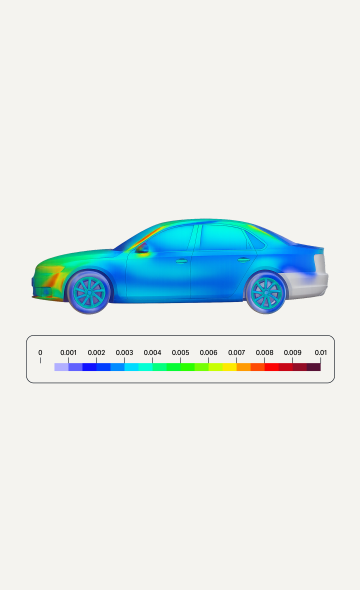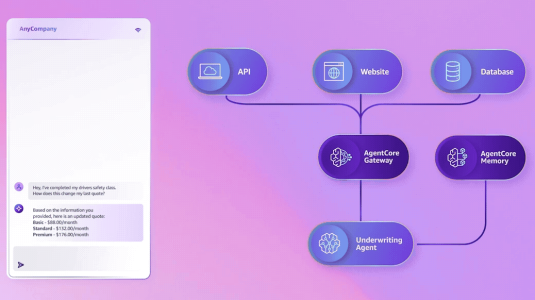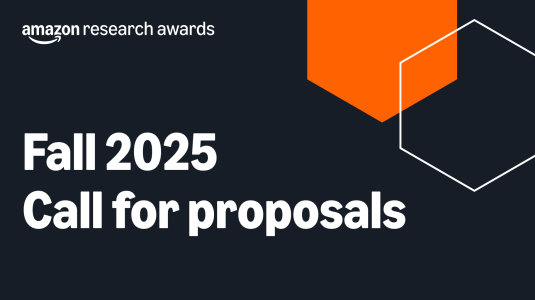Customer-obsessed science


Research areas
-
October 16, 2025Amazon vice president and distinguished engineer Marc Brooker explains how agentic systems work under the hood — and how AWS’s new AgentCore framework implements their core components.
Featured news
-
NeuS 20252025The “state” of State Space Models (SSMs) represents their memory, which fades exponentially over an unbounded span. By contrast, Attention-based models have “eidetic” (i.e., verbatim, or photographic) memory over a finite span (context size). Hybrid architectures combine State Space layers with Attention, but still cannot recall the distant past and can access only the most recent tokens eidetically. Unlike
-
It is well known that Large language models (LLMs) have good zero-shot and few-shot performance which makes them a promising candidate for inference when no or few training samples are available. However, when there is abundant task data, small custom trained models perform as well or are superior in performance to pre-trained LLMs, even after accounting for in-context examples. Further, smaller models
-
2025Fine-tuning large language models (LLMs) for specific tasks requires diverse, high-quality training data. However, obtaining sufficient relevant data remains a significant challenge. Existing data synthesis methods either depend on extensive seed datasets or struggle to balance task relevance and data diversity. To address these challenges, we propose Attributeguided multI-hop Data Expansion (AIDE), a novel
-
2025Today, E-commerce sellers face several key challenges, including difficulties in discovering and effectively utilizing available programs and tools, and struggling to understand and utilize rich data from various tools. We therefore aim to develop Insight Agents (IA), a conversational multi-agent Data Insight system, to provide E-commerce sellers with personalized data and business insights through automated
-
SPIE Defense + Commercial Sensing 20252025Transformer models have revolutionized the field of image captioning, offering advanced capabilities through self attention mechanisms that capture intricate visual and textual relationships. This paper presents an innovative approach to applying transformer models for image captioning. Current State-of-the-Art (SOTA) performance has only been achieved by large vision-language models (LVLMs). Our approach
Conferences
Collaborations
View allWhether you're a faculty member or student, there are number of ways you can engage with Amazon.
View all














































